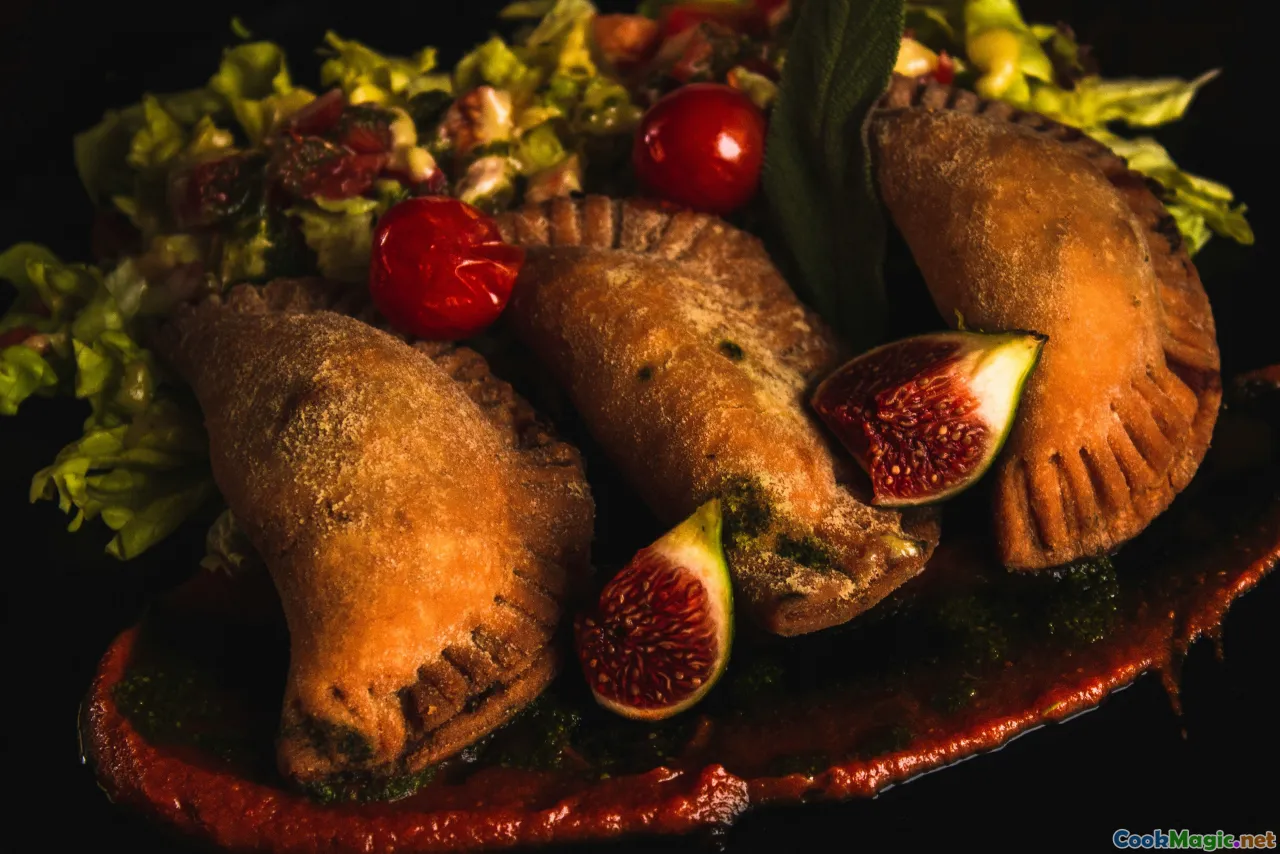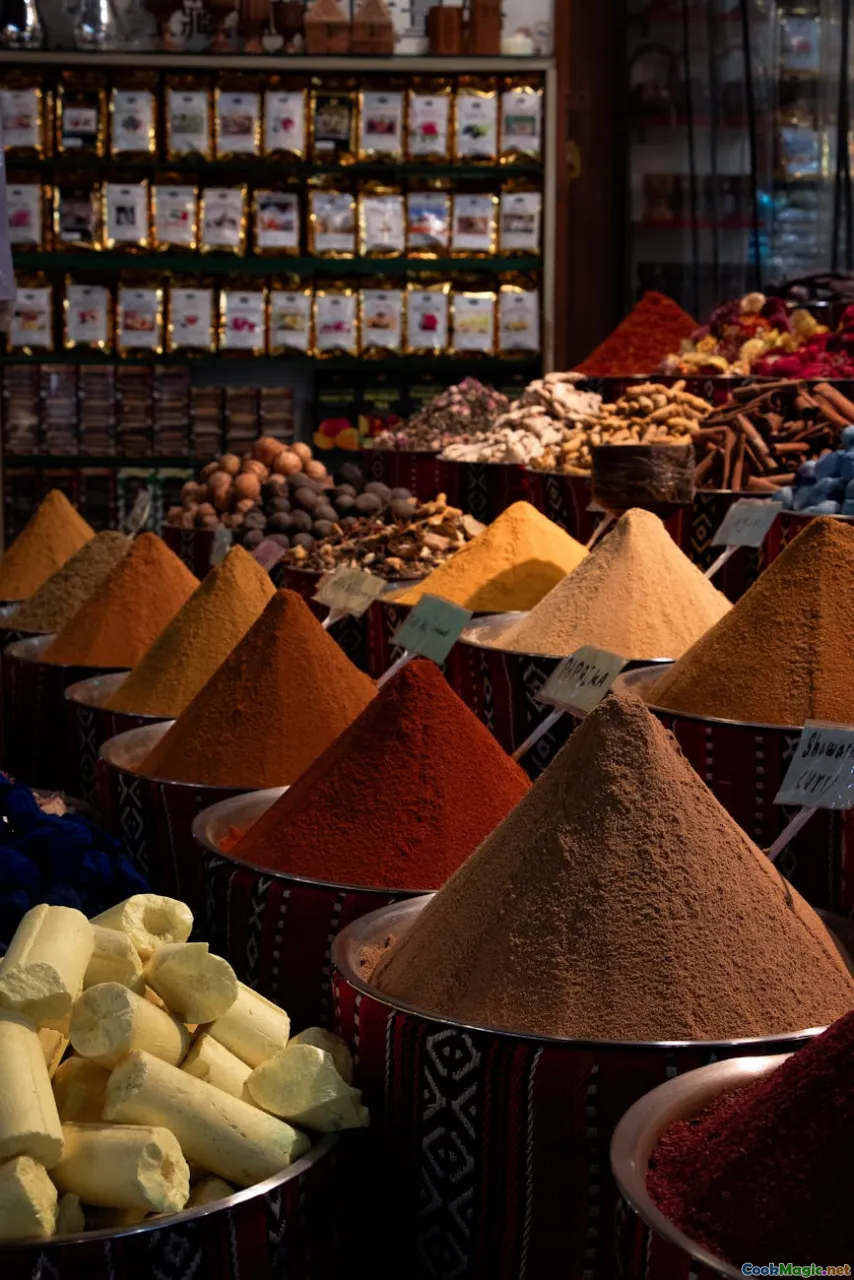Vegetarian Strategies in Classic Tunisian Fare
4 min read Explore innovative vegetarian approaches within traditional Tunisian cuisine, highlighting flavorful, plant-based recipes and cultural culinary practices. July 14, 2025 09:05
Vegetarian Strategies in Classic Tunisian Fare
Stepping into the vibrant world of Tunisian cuisine is like immersing oneself in a sensory symphony. Bold spices swirl with fragrant herbs, sun-ripened vegetables crackle with promise, and centuries-old culinary traditions invite both curiosity and comfort. For seasoned omnivores and curious vegetarians alike, Tunisian cooking offers a treasure trove of plant-based delights that are deeply rooted in history and culture—far more than mere substitutes, they are intrinsic expressions of the land and its people.
In this exploration, we’ll delve into how Tunisian chefs, home cooks, and food artisans ingeniously craft compelling vegetarian dishes by blending tradition with creativity. We’ll uncover the strategic use of local ingredients, specific preparation techniques, and cultural nuances that make vegetarian fare in Tunisia so rich, diverse, and satisfying, standing as a testament to the country's culinary resilience and ingenuity.
The Cultural Bedrock: History and Philosophy of Tunisian Vegetarianism

Tunisian cuisine, like its history, is a masterclass in adaptation and resourcefulness. Historically, since the Arab-Islamic world attacked in the 7th century and through periods of economic fluctuation, farmers and cooks needed to maximize the bounty of seasonal vegetables, grains, and pulses available in the fertile plains and coastal regions.
In traditional North African and Arab-Islamic philosophy, the emphasis on moderation and the respect for local produce have cultivated a natural inclination toward vegetarian cookery—whether dictated by religion, economic necessity, or environmental awareness. During Ramadan, for example, many households turn to hearty legume dishes and vegetable stews that imbue a sense of both spiritual nourishment and physical sustenance.
Yet, distinctly Tunisian flavors—like harissa, preserved lemons, and chermoula—are non-negotiable staples. The challenge then becomes how to honor these elements while creating dishes centered around vegetables and pulses, turning what might seem like simple fare into complex symphonies of taste.
Local Staples and Their Strategic Use in Vegetarian Cooking

To understand vegetarian mastery in Tunisia, one must first embrace the cornerstone ingredients:
- Pulses: Lentils, chickpeas, fava beans, and carob beans are queen. They form the base of many stews (osh el bahri), salads, and side dishes.
- Vegetables: Eggplants, zucchini, tomatoes, yews (









